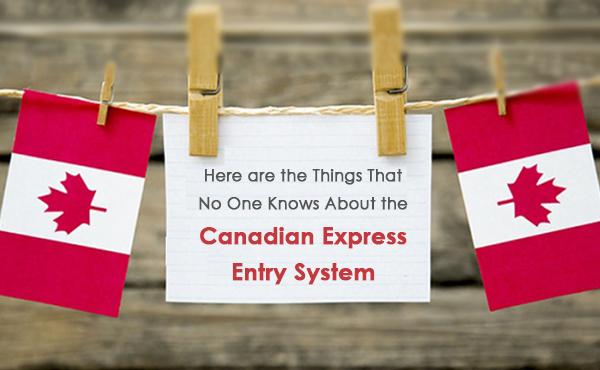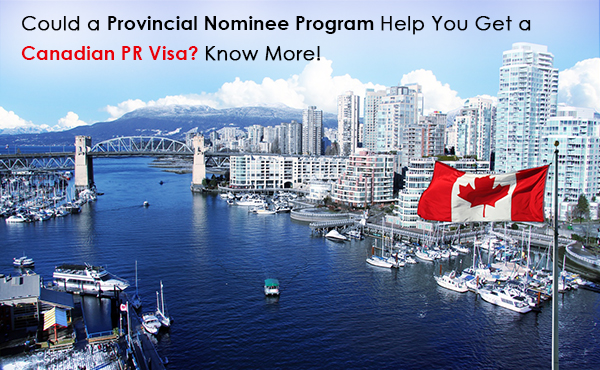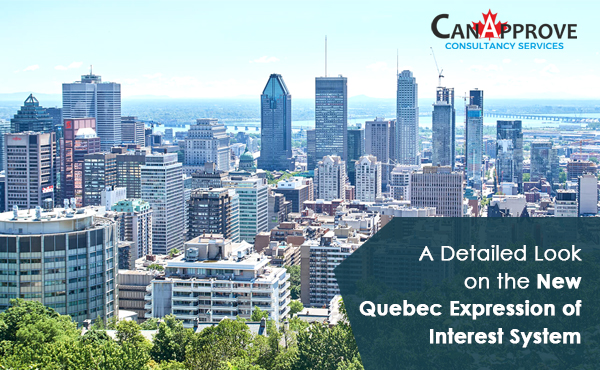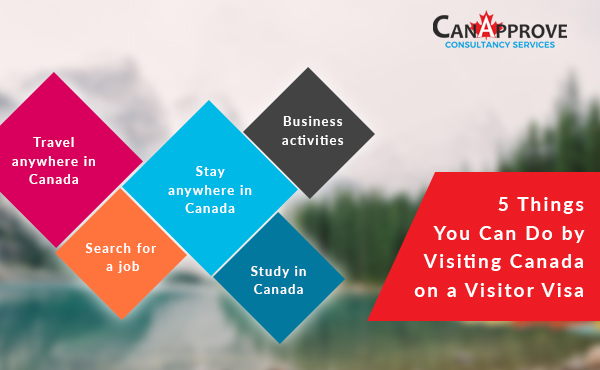Canadian Express Entry System, introduced in the year 2015 with an aim to streamline economic immigration to Canada, is a fast-track method for bringing global talents to Canada. Since its introduction, more than 50000 invitations to apply for permanent residence have been issued through the Express Entry system.
The Canadian Express Entry manages applications for permanent residence under three federal economic immigration programs–Federal Skilled Worker Program, Federal Skilled Trades Program and Canadian Experience Class, besides certain provincial nominee programs aligned to the Express Entry.
Canadian Express Entry being the most popular pathway for Canada immigration, you may be interested to know a few lesser-known facts about the system. Check these out:
1. Language skills count a lot
In the Express Entry system, language skills of the candidate give him/her a lot of weightage. This may be surprising for many, but it’s a fact! Among the core human capital factors that are considered while awarding CRS scores, language skills are given prime importance. It is a major parameter to judge the eligibility and adaptability of a candidate. So candidates with high level of English or French proficiency have better chances for obtaining Canadian PR visa through Express Entry System.
2. Candidates have to submit biometrics details
Canada has recently made it mandatory for Express Entry candidates to submit biometric details including fingerprints and photo while filing their application for Canadian PR visa. Since July 31st, 2018, submitting biometric details has been made compulsory for applicants from Europe, the Middle East, and Africa. On December 31st, 2018, the rules will be extended to applicants from Asia, Asia-Pacific, and the Americas. The aim of this new rule is to confirm the identity of the applicant and make the visa procedures simpler for low-risk travelers.
3. Express Entry is the best way to connect to Canadian employers
Canadian employers can access the Express Entry pool through a number of ways. These include job bank, private sector job boards, and provincial nominee programs. This makes Express Entry the easiest way to connect to Canadian employers and find a job in Canada.
4. Express Entry draws are held every two weeks
The Immigration, Refugees and Citizenship Canada(IRCC) conducts Express Entry draws every two weeks. So even if you were not selected in the latest Express Entry draw, you need not worry. You have chances to be selected in an Express Entry as long as you are in the Express Entry pool.
5. Tie-breakers are applied in Express Entry draws
Tie-breaker is the latest trend in Express Entry draws. It is a method to rank candidates with the same Comprehensive Ranking System(CRS) scores based on the date and time in which they submitted their Express Entry profiles. The candidates whose profiles have been in the pool for a longer period are given priority.
For Example, in the Express Entry draw held on August 22, 2018, the date and time for tie-break were February 21, 2018, at 11:28:03 UTC. It means those candidates who submitted their Express Entry profiles before the said date and time and who had the minimum required CRS scores were selected in the draw.
Are you eligible to apply for Canada PR through Express Entry? Contact us for a free assessment










